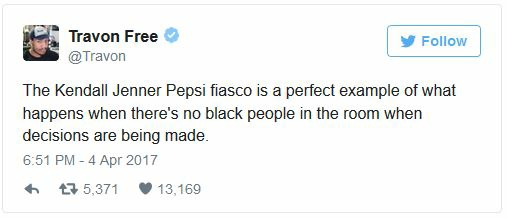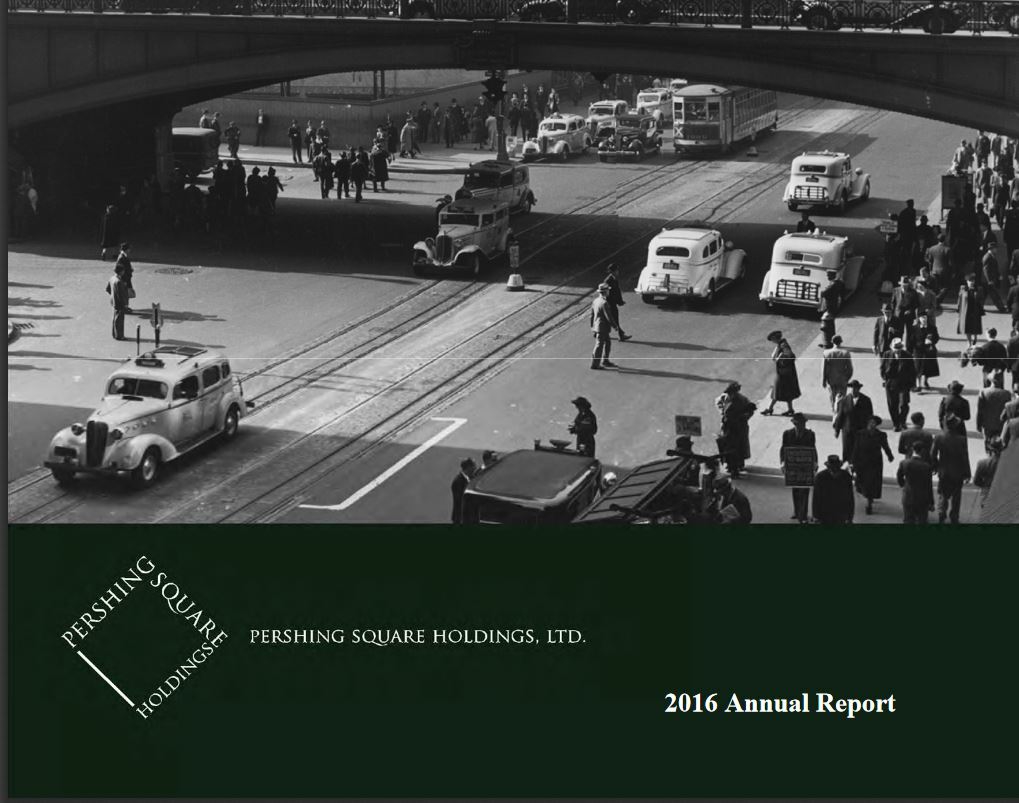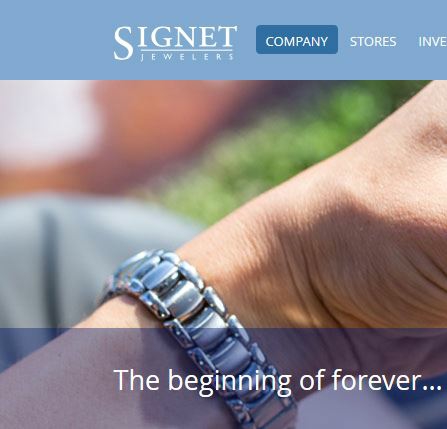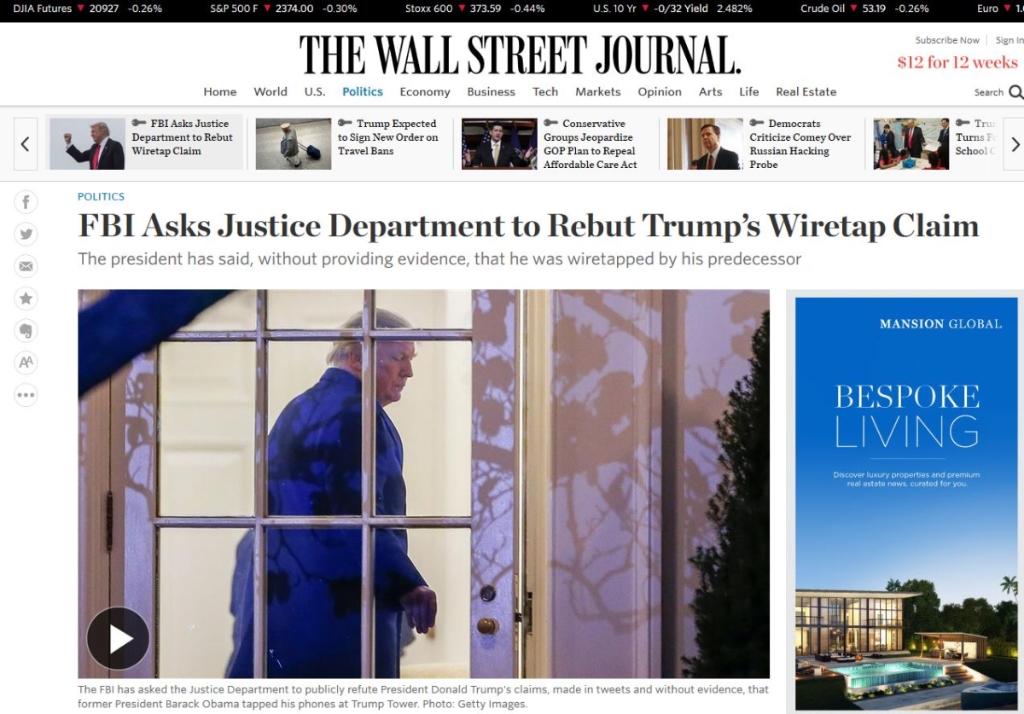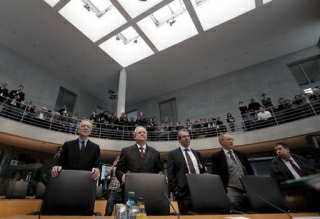Facebook Responds to Video of a Murder
/ Facebook is on the defense after a video of a murder was posted to the site. Steven Stephens filmed himself shooting a 74-year-old man for no reason except a dispute with his girlfriend, and he said it was his fourteenth killing. Stephens shot himself as police where closing in after a tip from McDonald's drive-thru employees.
Facebook is on the defense after a video of a murder was posted to the site. Steven Stephens filmed himself shooting a 74-year-old man for no reason except a dispute with his girlfriend, and he said it was his fourteenth killing. Stephens shot himself as police where closing in after a tip from McDonald's drive-thru employees.
Facebook is criticized for taking more than two hours to remove the video. CEO Mark Zuckerberg extended his sympathy to the victim's family: "Our hearts go out to the family and friends of Robert Godwin Sr., and we have a lot of work - and we will keep doing all we can to prevent tragedies like this from happening."
On its website, the company posted an article, "Community Standards and Reporting," about the incident and included a message from Zuckerberg. "Mark Zuckerberg, speaking at F8, Facebook's developer conference said today, 'We have a lot more to do here. We're reminded of this this week by the tragedy in Cleveland. Our hearts go out to the family and friends of Robert Godwin Sr. We have a lot of work and we will keep doing all we can to prevent tragedies like this from happening.'" The article also listed a timeline of events:
Timeline of Events
11:09AM PDT - First video, of intent to murder, uploaded. Not reported to Facebook.
11:11AM PDT - Second video, of shooting, uploaded.
11:22AM PDT - Suspect confesses to murder while using Live, is live for 5 minutes.
11:27AM PDT - Live ends, and Live video is first reported shortly after.
12:59PM PDT - Video of shooting is first reported.
1:22PM PDT - Suspect's account disabled; all videos no longer visible to public.
Here's Facebook's commitment to improving its process:
In addition to improving our reporting flows, we are constantly exploring ways that new technologies can help us make sure Facebook is a safe environment. Artificial intelligence, for example, plays an important part in this work, helping us prevent the videos from being reshared in their entirety. (People are still able to share portions of the videos in order to condemn them or for public awareness, as many news outlets are doing in reporting the story online and on television). We are also working on improving our review processes. Currently, thousands of people around the world review the millions of items that are reported to us every week in more than 40 languages. We prioritize reports with serious safety implications for our community, and are working on making that review process go even faster.
Keeping our global community safe is an important part of our mission. We are grateful to everyone who reported these videos and other offensive content to us, and to those who are helping us keep Facebook safe every day.
Discussion:
- In the post, Facebook says it disabled the man's account 23 minutes after the video was reported. What do you think of that time frame?
- According to the post, the first video, in which Stephen says he plans to kill, wasn't reported until 1 hour and 50 minutes after it was posted. Why do you think it took so long?






